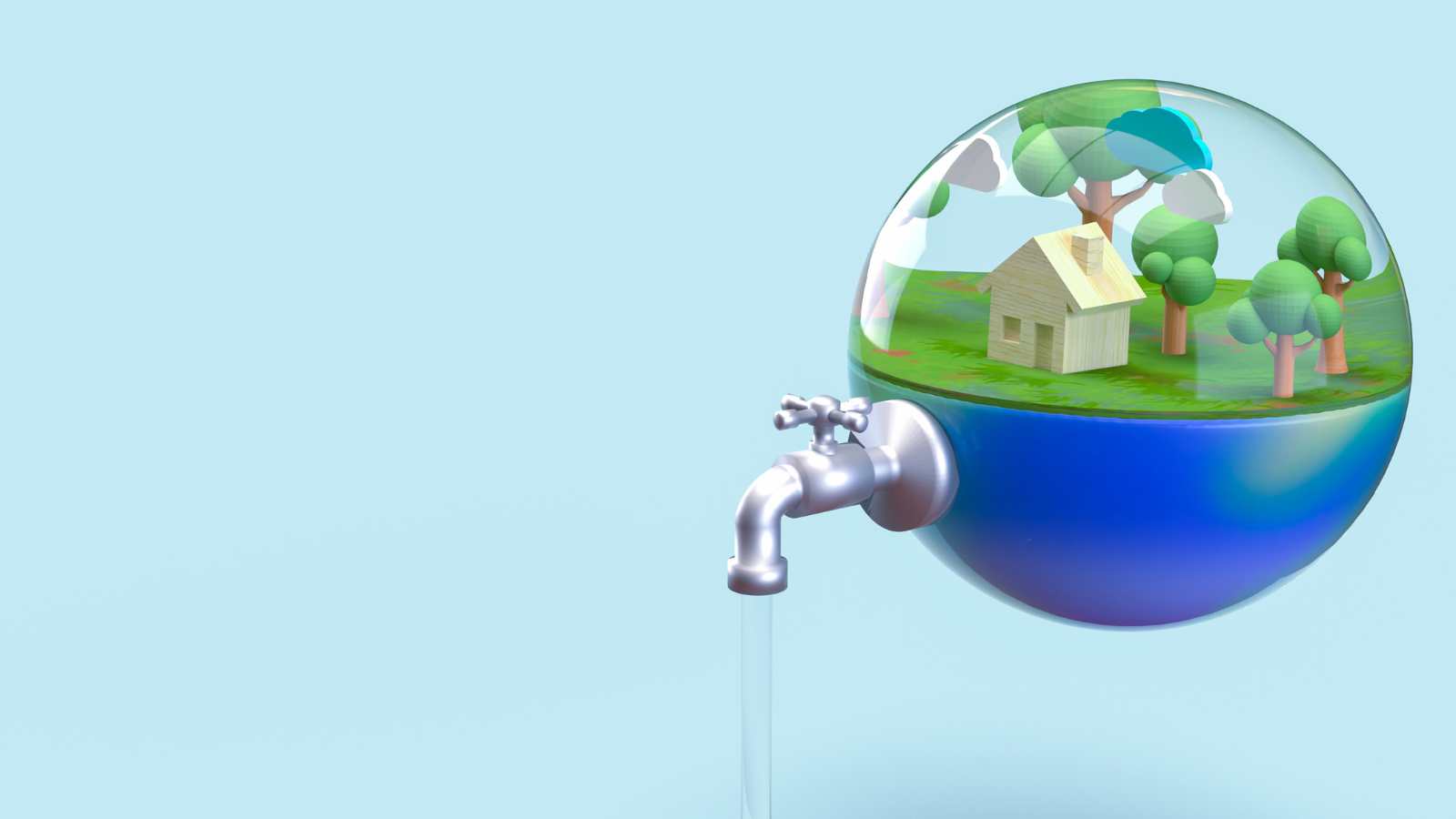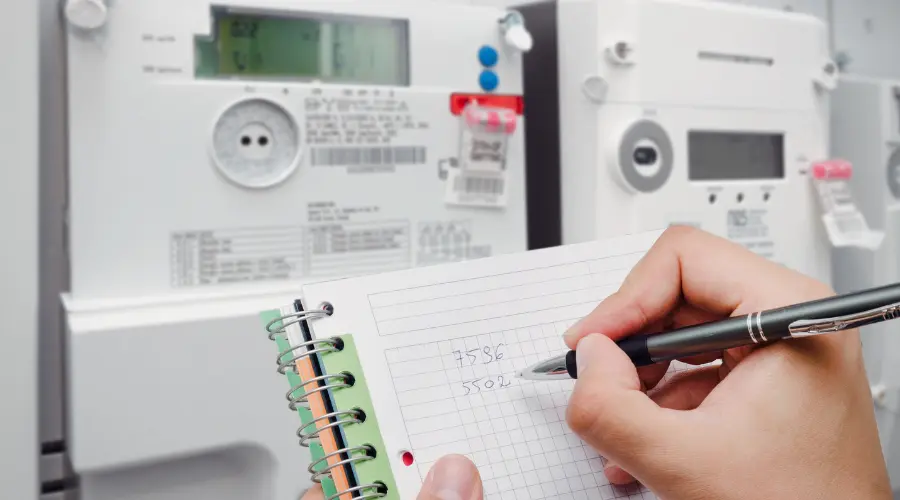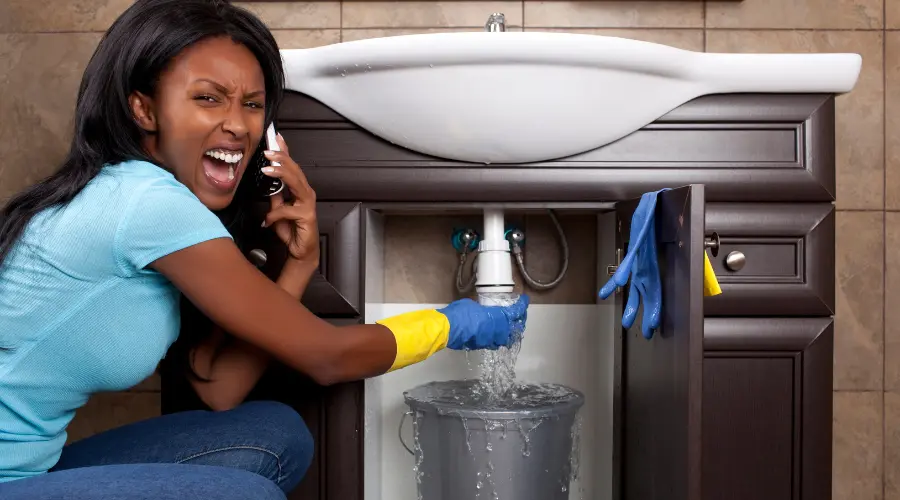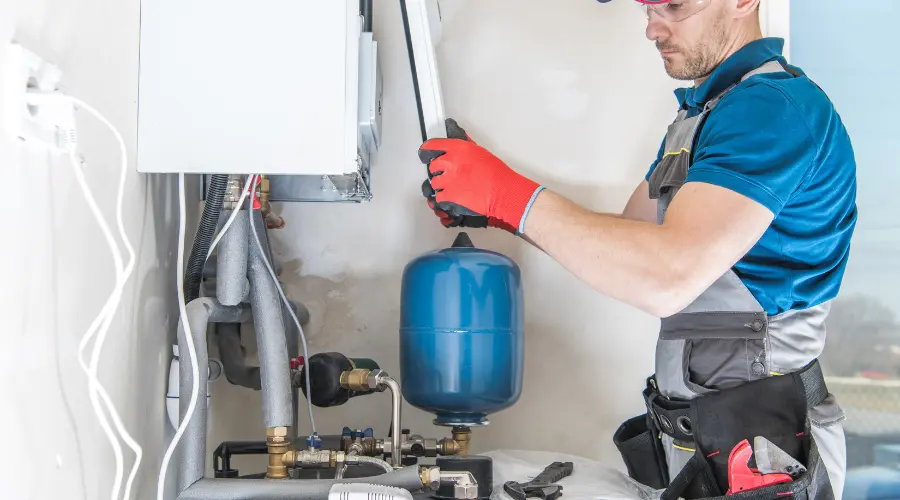Water conservation is a vital responsibility for homeowners. Simple, effective changes inside and outside the home can significantly reduce water usage, lower utility bills, and protect the environment.
Key Points:
- Conserving water leads to cost savings and preserves essential water resources.
- Minor changes, like fixing leaks and using water-efficient appliances, can result in significant water savings.
- Optimizing outdoor water use, particularly in irrigation, helps minimize water waste.
Facing a Plumbing Issue?
For all your plumbing needs in Hudson County, NJ, and the surrounding areas, trust the experts at West New York Plumber! Whether you’re dealing with a leaky faucet or need a complex plumbing repair, our team of highly skilled and trained professionals is ready to handle it all.
Call us today and let us fix it right the first time!
How Can Homeowners Conserve Water?
Homeowners can conserve water by:
- Repairing Leaks: Fixing leaks in faucets, toilets, and pipes can save hundreds of gallons annually.
- Upgrading Appliances: Water-efficient fixtures such as low-flow showerheads and faucets reduce consumption while maintaining comfort.
- Adding Aerators: Faucet aerators cut water flow without affecting performance, making daily tasks more efficient.
- Optimizing Irrigation: Watering early or late in the day reduces evaporation. Using drought-resistant plants and rain barrels further boosts efficiency.
- Using Rain Barrels: Collecting rainwater for gardens decreases the need for tap water and helps maintain a healthy lawn.
What is Practical Water Conservation for Homeowners?
Water conservation involves using water resources more efficiently to avoid waste. Homeowners can adopt sustainable practices indoors and outdoors to reduce water use, helping preserve local water supplies, protect ecosystems, and ensure future water availability.
Indoor Water Conservation Strategies:
1. Upgrade to Water-Efficient Fixtures: Use low-flow showerheads, faucets, and toilets to reduce water use without losing functionality.
2. Fix Leaks Promptly: Prevent substantial water loss by addressing leaks as soon as they’re detected.
3. Change Personal Habits: Shortening showers and turning off taps while brushing teeth can save gallons of water daily.
Outdoor Water Conservation Strategies:
1. Improve Irrigation: Water your garden early in the morning or late evening to minimize evaporation, and use a sprinkler timer to avoid overwatering.
2. Plant Drought-Resistant Vegetation: Native plants require less water and are better suited to local climates.
3. Collect Rainwater: Using rain barrels to capture rainwater reduces reliance on tap water for gardening.
Examples of Water Conservation at Home:
1. Fix Leaky Faucets: A single dripping faucet can waste hundreds of gallons annually. Repairing leaks is a simple way to conserve water.
2. Upgrade Appliances: Replacing old appliances with water-efficient models can significantly reduce water use.
3. Use Rain Barrels: Collecting rainwater for garden irrigation supports a more sustainable water use approach.
4. Shorten Showers: Reducing shower time by a few minutes can save gallons of water every day.
Effective Water Conservation Tips:
1. Install Faucet Aerators: These reduce water flow while maintaining performance.
2. Choose Native Plants: They require less water and reduce irrigation needs.
3. Turn Off the Tap: Save several gallons daily by turning off the faucet while brushing teeth or washing dishes.
4. Check Your Water Meter: Monitor your water meter to detect leaks early and prevent unnecessary water waste.
5. Water Efficiently: Use a sprinkler timer and water your lawn during cooler times of the day to reduce evaporation.
Curious about your water quality? Explore our guide to water quality and filtration solutions in New Jersey and ensure your home’s water is clean and safe.
Conclusion
Conserving water is easy with small adjustments that can make a big difference. By adopting water-efficient habits and investing in modern appliances, homeowners can significantly reduce water use, lower bills, and contribute to a more sustainable future.




